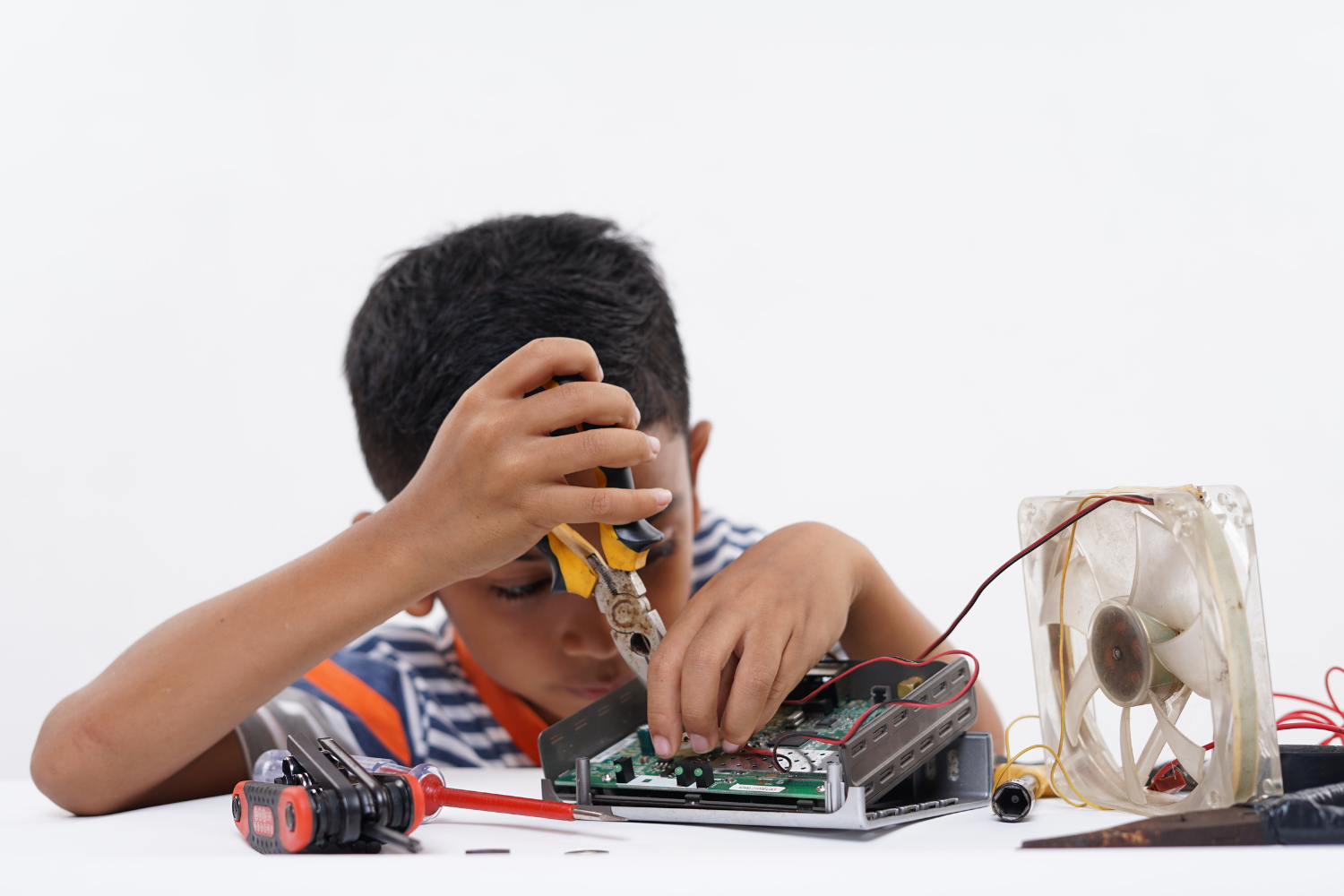Why Are 21st Century Children Never Satisfied?
/"When is enough, enough?" is a typical cry from parents today. No matter how much you give your children they always seem to want more.
Parents are frustrated, not to mention exhausted, and they're little darlings are turning into entitled adults.
Common strategies employed by parents don't seem to work either. The preferred approach for as long as I can remember has been the lecture.
THE LECTURE
I remember my grandmother buying us new clothes and then lecturing us all the way back to her 1000 acre ranch, in her red Buick convertible with the white top down, about how lucky we were compared to the poor children she had seen in Africa.
First of all, we didn't even know where Africa was. Second of all, lecturing us about poverty while we were whizzing through town on a warm summer day with our hair blowing and holding tight to our new bags of clothes did not work.
There was a disconnect between what she was saying and what she was doing and children quickly intuit the inherent madness in this strategy.
It's not that we were ungrateful children either, we weren't. There was no need for her lecture, but somehow she thought it was her duty to provide it.
The problem with said lecture, whether a child deserves it or not, is that children are too young to understand deprivation unless they've experienced it themselves. And if you are concerned about your children being ungrateful, my guess is that they have not experienced it.
THE SERMON
Next in line to my grandmother's sermons were the sermons we were subject to in church. The priest would stand at the pulpit and remind us to be grateful for our daily bread. The Daily Bread lecture had no impact on us either.
We knew that if we ran out of our daily bread, our parents would run to the store and buy some more. This was true for every single person in that congregation. What the priest said really did not make sense to us children.
Some parents think that if they keep preaching, their words of wisdom will sink in eventually somewhere around their child’s 18th year of life. All those lectures will have been worth it because now the entitled child suddenly becomes enlightened and gratitude follows.
But the reality is the 18-year-olds are extremely unenlightened and will not be any more grateful on their eighteenth birthday then they were before it. Poor character traits do not suddenly become admirable ones. They take a lot of work to conquer.
Better not to let them develop in the first place.
“Piglet noticed that even though he had a Very Small Heart, it could hold a rather large amount of Gratitude.”
— A. A. Milne, Winnie the Pooh
THE REALITY
Dr. Seuss said, “A person’s a person, no matter how small.” To solve children’s ingratitude problems, we can start by looking at ourselves. Think of the times when you have felt most grateful. It usually happens during one of two events:
1. Something that makes you extremely happy but seldom happens, happens
2. You reflect upon the reality that at any given moment, the infinite gifts and blessings you have in your life can be taken away. In the blink of an eye, you can lose something you treasure beyond all else.
Think natural disasters, accidents, illness, death, misfortune, betrayal, poor choices, old-age. As you read this, thousands of people around the world are experiencing one or more of the above losses. And suddenly, the things they took for granted are priceless in their eyes, but they're also gone.
“Take full account of what Excellencies you possess, and in gratitude remember how you would hanker after them, if you had them not.”
— Marcus Aurelius
If we stop to reflect on the many gifts and blessings we have, and if we reflect on the reality that we can lose these gifts and blessings at any moment, we can't help but feel grateful.
As I write, I'm looking out onto a beautiful green field with lots of trees. I've lived in places where I've looked out onto rows and rows of townhouses. Having lived in a complex where my view was endless rows of other townhouses, I never stop feeling grateful for the scenery I have today.
We have to reflect on the gifts in our lives. We have to continually remind ourselves of all that we have because there is always someone else who has much less. And money will never buy the things that truly matter in life: health, love, family, and trustworthy friends.
But children are too young to understand these things. Even most teenagers are too young. The ability to reason yourself into a state of gratitude is a skill which is usually reserved for more mature minds.
If you believe that you can reason your child into a state of gratitude, you can't.
THE SECRET
The secret to teaching your children to appreciate the things you provide for them is to raise them to be minimalists. The less they have, the more appreciative they'll be when you give them more.
The less often you indulge them with their wants, the less they'll come to expect them. When you do give your children a want, they'll be grateful, and they won't forget to say thank you. It’ll come roaring out of them with no prodding needed.
A minimalist philosophy isn't restricted to material goods either. You can apply it to all aspects of your children’s lives by saying “no” to them more than you say “yes.”
John Rosemond calls it Vitamin N. It's not that you want to become a contrarian and rigidly oppose everything your children ask for, but raise them to understand that their wants are not your primary concern in life.
Provide your children with the things they need for emotional, physical, spiritual, and intellectual growth, but raise them to understand that the goal of your life is not to make them happy; it's to raise them well.
This isn't to say that you never accommodate a want of theirs, but don't make it a habit. You aren't responsible for their happiness beyond what you need to provide as a loving, responsible parent; they're responsible for their happiness.
And they'll be much happier if you indulge them less.
Don’t miss our free download, Ten Books Every Well-Educated Child Should Read.
Become a Smart Homeschooler, literally, and give your child a first-rate, screen-free education at home and enjoy doing it. Join the Smart Homeschooler Academy online course.
For parents of children under age seven, Raise Your Child Well to Live a Triumphant Life, course will be open again sometime in March, 2021.
Elizabeth Y. Hanson is an educator, veteran homeschooler, a lover of the classics, and a Love and Leadership certified parenting coach with 19 years of experience working in children’s education.
Utilizing her unusual skill set, coupled with the unique mentors she was fortunate to have, Elizabeth has developed a comprehensive understanding of how to raise and educate a child. She devotes her time to helping parents get it right.
Disclaimer: This is not a politically-correct blog.


















































